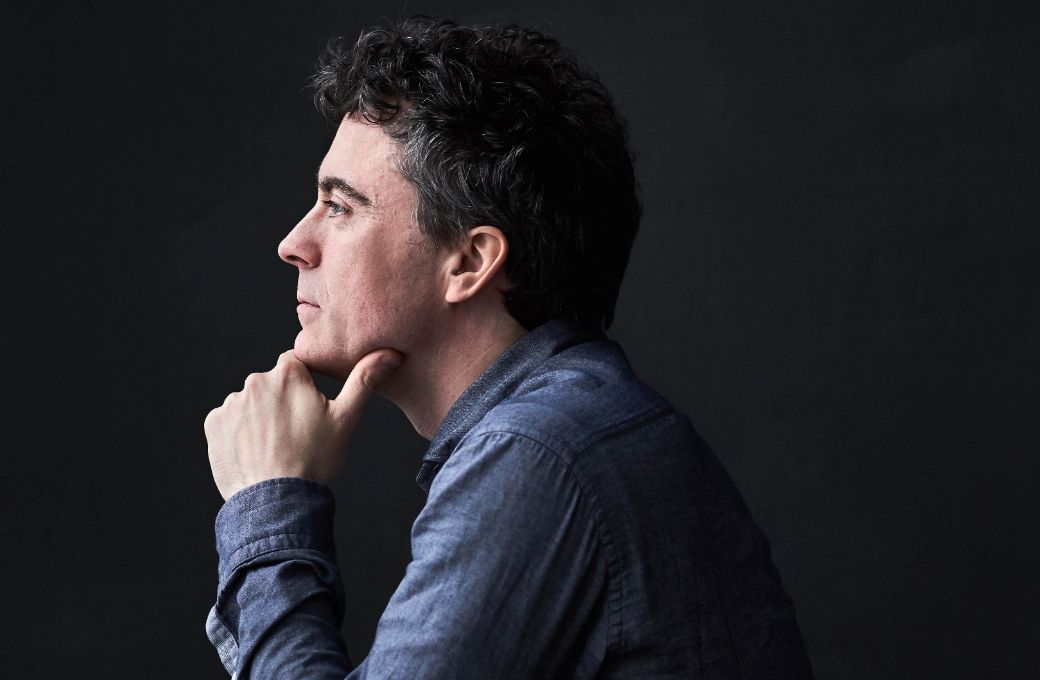In September 1828, amid rapidly declining health, Franz Schubert composed three works that remain a cornerstone of the piano literature. Within six weeks he would be dead at the age of 31. Schubert’s final three sonatas reveal a man racing against mortality, trying desperately to synthesize what came before him and anticipate what would follow. Like much of his work, they can seem hopelessly overstuffed one moment, spare and elegant the next. In a recital sponsored by the Philadelphia Chamber Music Society, Paul Lewis showed himself a near-ideal interpreter of these fascinating works, unafraid to lean into their confounding elements or default to sentimentality.

Lewis first recorded these sonatas more than 20 years ago, and he’s spent the better part of the past two years working his way through the composer’s solo piano repertoire at various locales. The performance in Philadelphia suggested an artist invigorated by familiar music. He drew thrilling contrasts in the Sonata in C minor (D.958) and Sonata in A major (D.959), which formed the concert’s first half, moving with muscularity through the Allegro movements that open each piece to lilting beauty in the former’s Adagio and latter’s Andantino. In the beginning of D.958 especially, Lewis managed to coalesce all the swirling themes without ever losing a narrative thread, offering edge-of-your-seat excitement to boot. He didn’t rest on perceived wisdom either: D.959’s Andantino evolved from a sense of tranquility to terror, and the Scherzo was given with the darkest of humor.
Phrasing occasionally turned blunt, especially in movement endings, and Lewis pounded the pedal hard all night, which sometimes caused a distorted effect within the intimate acoustic of the Perelman Theater. The opening Molto moderato of the Sonata in B flat major (D.960) lacked the right touch of energy, perhaps due to a flag in momentum caused by the intermission. Lewis hit his stride again quickly though, with particular vibrancy in the spritely Scherzo and the ever-beguiling Allegro ma non troppo. Taken in total, Lewis suggested here a playful clash between Classicism and the potential for Romanticism, and he made the listener all the more wishful that Schubert had lived to push the form ever further ahead.
Despite rousing applause, Lewis wisely demurred an encore. Schubert deserved the last word.


